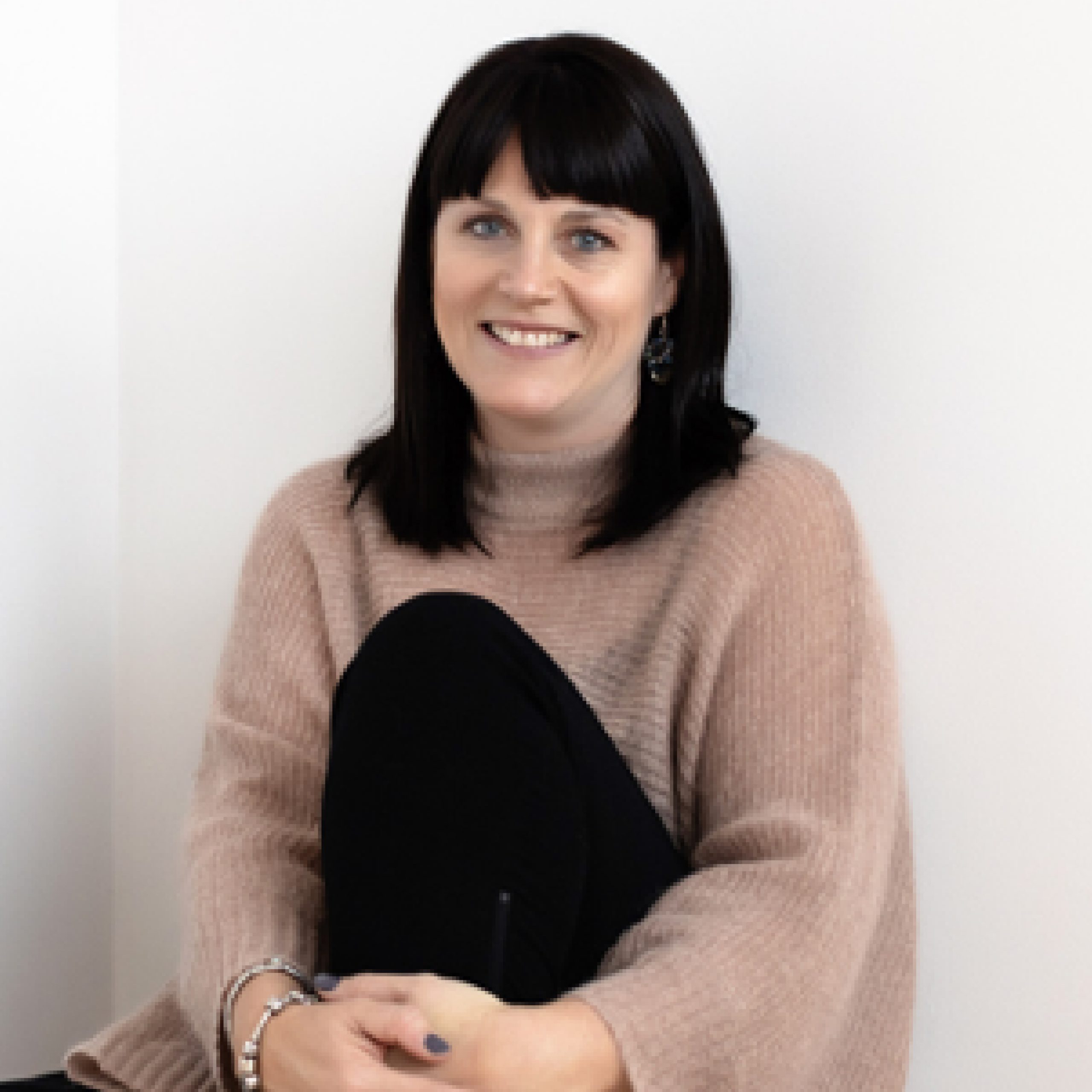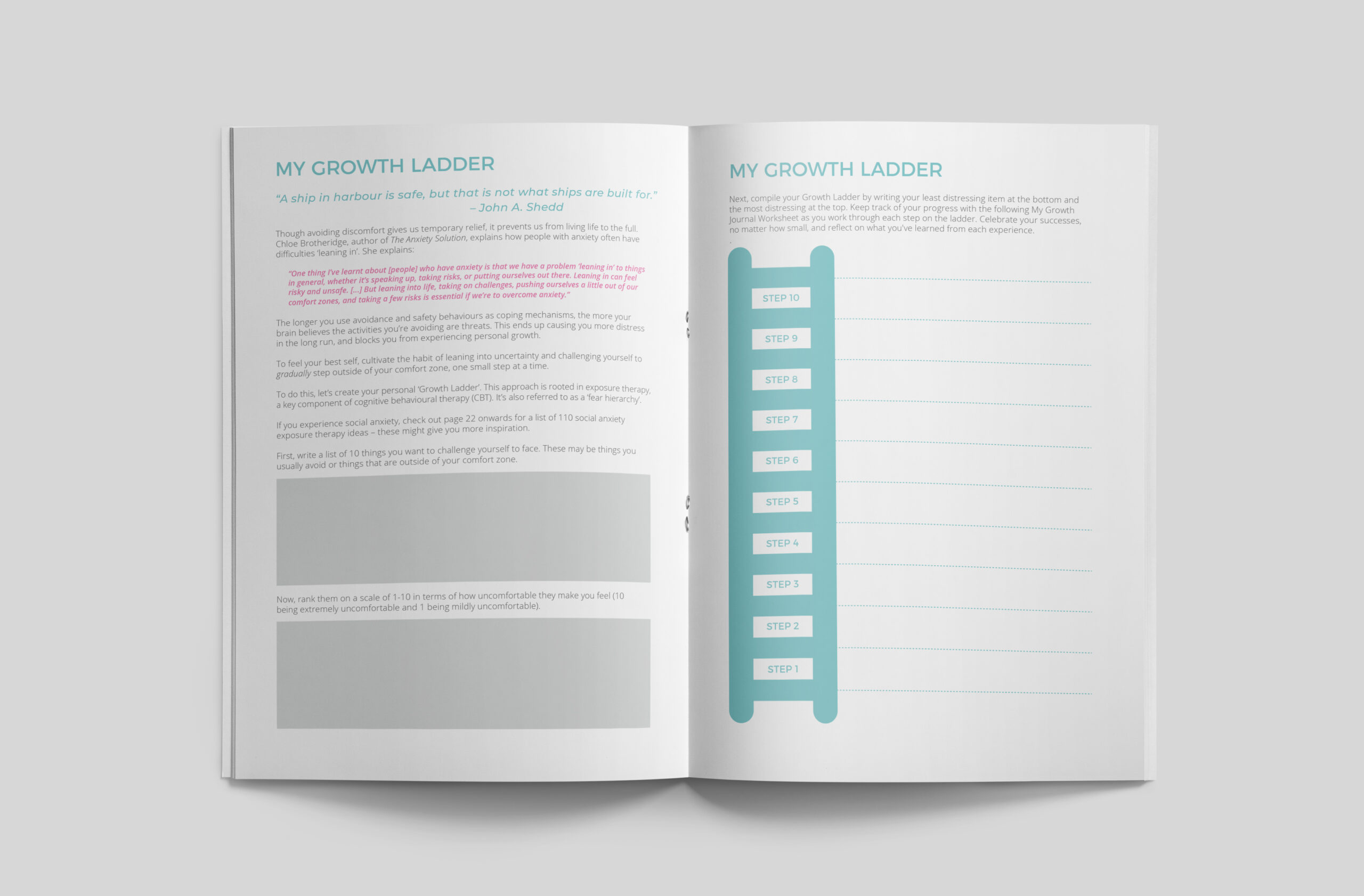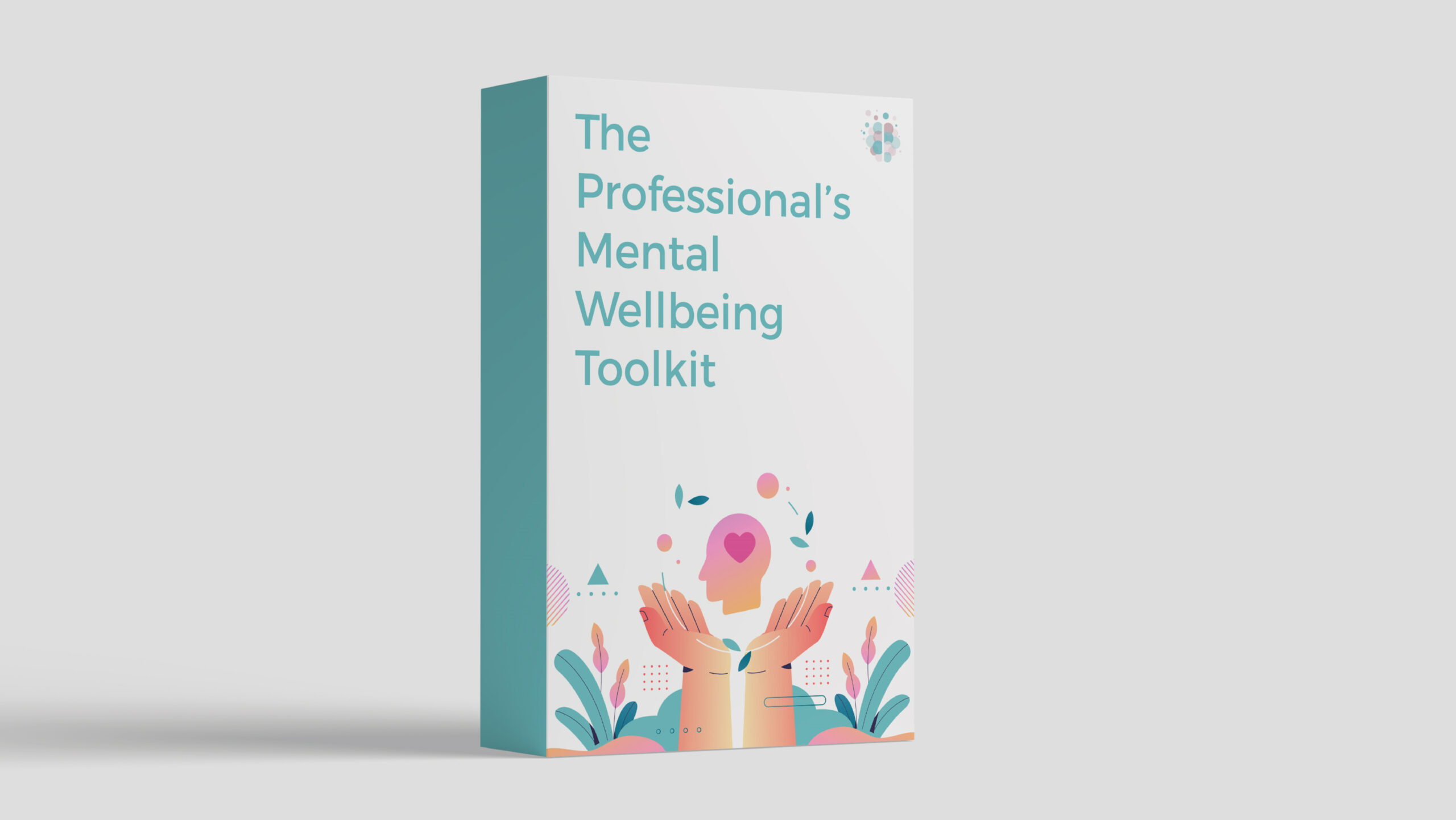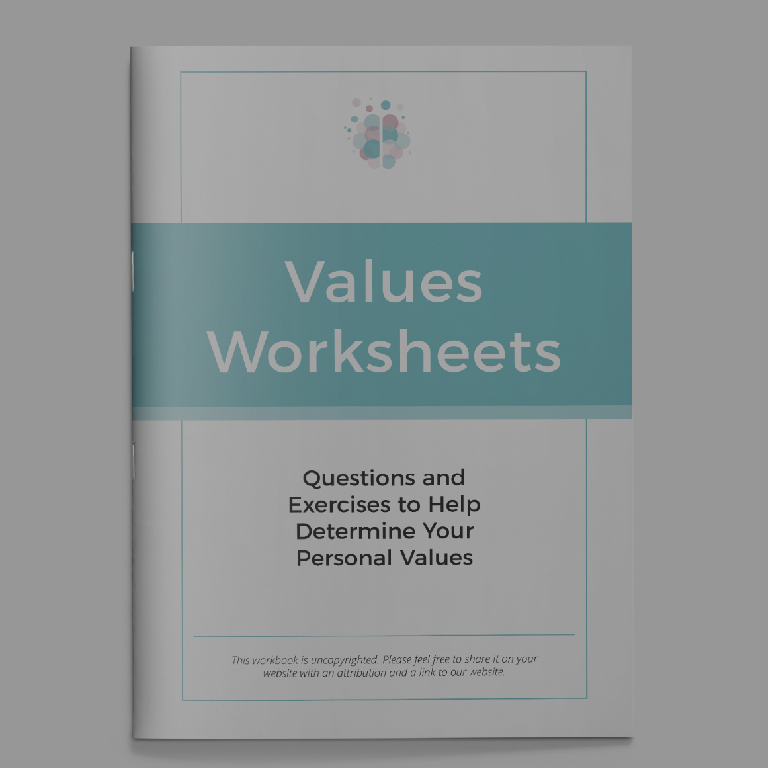The practice of life coaching has grown significantly over the past decade, broadening the scope of support available to individuals wanting to improve their quality of life.
In the process of growth, life coaching has branched off into specialities such as weight loss coaching, health coaching, and relationship coaching to name a few.
Another branch is anxiety coaching, which has become a helpful tool in supporting people to manage anxiety. It also offers an alternative to traditional talk therapy.
Let’s look at some of the powerful coaching techniques for anxiety and how they’re used in the coaching session.
The Difference Between Anxiety Coaching vs Therapy
Anxiety has traditionally been seen as a mental health condition and usually fell into the realm of therapy when it came to treatment and intervention options.
In fact, many people still feel confused about the difference between coaching and therapy when it comes to choosing the right intervention for improving mental wellbeing.
A simple differentiation is that traditional therapy explores the individual’s background to understand why particular problems and difficulties have surfaced. By understanding the why, the individual is empowered to make changes to their current behaviour patterns and improve their relationships and mental wellbeing.
On the other hand, coaching focuses on current difficulties and barriers to personal growth. The sessions are future-focused and work at empowering the individual to identify unhelpful beliefs and set achievable goals for improving mental wellbeing.
When Is Therapy Effective for Anxiety?
Therapy is usually the intervention of choice for people who’ve struggled with anxiety on a long-term basis and have experienced a significant impairment in daily functioning.
People who have experienced trauma would benefit from therapy that offers a deeper healing of more long-standing issues.
When is Coaching Effective for Anxiety?
When anxiety has cropped up in relation to a recent life event or stressor, anxiety coaching can be a powerful way to overcome current obstacles.
Coaching can help you create healthier habits to improve your mental state and maintain your wellbeing in future.
A coaching session is usually more structured than therapy, and involves focusing on a particular problem area. Coaches use techniques such as active listening and powerful questions to help explore potential areas for change.
Coaching Techniques for Anxiety
Each branch of coaching focuses on specialised techniques to help the client move in the desired direction.
When it comes to anxiety, most clients want to find ways of overcoming anxiety and feeling more confident in themselves. Anxiety coaching generally focuses on empowering the client to change their state as well as exploring strategies that help reduce anxiety.
Each anxiety coach will likely have their own unique set of anxiety coaching tools and techniques, so it may be useful to learn more about their approach before signing up for the program.
The E.A.S.E. Approach to Managing Anxiety
The E.A.S.E. Approach to managing anxiety is a coaching method using four transformative coaching techniques for anxiety.
The approach is based on the understanding that anxiety is usually a very helpful, natural human response. However, when it becomes debilitating, anxiety has become ‘stuck’.
How Anxiety Becomes Stuck
‘Stuck’ anxiety is usually due to a vicious cycle where anxiety itself becomes the source of more anxiety.
You might find yourself experiencing symptoms such as a racing heart, shortness of breath, nausea, headaches, or a foggy brain. These symptoms can feel worrying and then become the cause of more anxiety.
As this cycle gains momentum, you may begin to question whether you’ll ever be “anxiety free” again. You try harder and harder to push the anxiety away and distract yourself from it. But what you resist, always persists - resisting the anxiety often perpetuates the anxiety as you create more anxiety about anxiety.
Eventually, most anxiety sufferers begin avoiding people and situations as a result of their anxiety.
You might find yourself feeling anxious about the next social gathering or important business meeting. It feels easier to simply cancel and avoid the situation than risk more anxiety.
This avoidance, while bringing temporary relief, often fuels more anxiety as you begin to lose confidence in yourself and your abilities.
Coaching Techniques for Anxiety
The 4-step E.A.S.E. approach was designed to counteract this vicious cycle and support clients to reduce their anxiety.
The coaching techniques for anxiety are as follows:
- Empowerment
Anxiety has the potential to leave you feeling powerless. Many people begin to feel they’re losing themselves and control of their lives.
One of the most transformative experiences that coaching can offer is a sense of control over your life and your experiences. Using powerful questions, coaching can help you understand anxiety in your specific context.
Anxiety often arises when people avoid making important decisions, having difficult conversations or acknowledging uncomfortable feelings. Deeper core beliefs can also contribute to anxiety. Coaching can help you explore these underlying reasons for anxiety.
Coaching techniques for anxiety also aim to share knowledge about anxiety so that the symptoms and the experience doesn’t feel as frightening. For example, by sharing our free book on understanding and reducing anxiety, The Framework.
- Acceptance
If pushing anxiety away is actually creating more anxiety, then it seems clear that you need to do the opposite to stop the cycles of anxiety.
Acceptance is the opposite of resistance.
Coaching techniques for anxiety used in the E.A.S.E. Approach include training you in using mindfulness-based strategies to fully lean into the experience of anxiety. When you’re able to allow the experience of anxiety, the symptoms usually dissipate.
It’s understandable that many people find leaning into anxiety terrifying. This is where coaching can be helpful in guiding you to move into acceptance while stopping the vicious cycle of anxiety about anxiety.
- Shifting
Anxiety often becomes the focus of all attention when it has become stuck.
Most people are desperate to be rid of the feeling and will tend to check and re-check their anxiety levels to see whether they have decreased. This constant focus on anxiety tends to create more of it. We know that where our attention goes, our energy flows. The more attention you pay to anxiety, the more you tend fuel it.
As coaching progresses through the E.A.S.E. Approach, the Shift techniques are designed to explore new areas for focus. Many people entering coaching have lost sight of their goals and aspirations. They’ve become so focused on their problems that they’ve forgotten their dreams and values.
Anxiety coaching can help you identify lost dreams and aspirations and set manageable steps to achieving goals. As your focus begins to shift away from your anxiety, you begin to channel more energy into tasks and activities that foster wellbeing.
Shifting also includes addressing lifestyle and habit choices that are more aligned with mental and physical wellbeing. A good coach will help guide this process so that you’re able to identify exactly where the shifts need to happen.
Coaching tools for this included in The Professional's Mental Wellbeing Toolkit are:
- The GROW Planner
- The Lasting Habits System
- Engagement
The final step of the E.A.S.E. Approach is the antidote for avoidance: Engagement.
When people avoid specific situations, people or events in an attempt to escape feeling anxious, they decrease their confidence in themselves and their abilities.
As this confidence decreases, their anxiety increases. Avoidance rarely works as a long-term solution.
On the other hand, engaging in your life and activities that bring joy and fulfilment serves to increase your confidence in yourself. As you engage with people and situations in your life, you boost your confidence and begin an upward spiral towards wellbeing.
The coaching relationship holds you accountable to the goals you set, and helps you move forwards with doing things that feel a little out of your comfort zone. As you engage with each situation or activity, you build your confidence and reduce anxiety.
First, clients write a list of 5 things they usually avoid but want to challenge themselves to face. Then, they rank them on a scale of 1-10 in terms of how uncomfortable they make them feel (10 being extremely uncomfortable, and 1 being mildly uncomfortable).
Next, they compile their growth ladder by writing the least distressing item at the bottom and the most distressing at the top. Finally, you work with them to create an action plan for climbing their personal growth ladder. Find out more about The Professional’s Mental Wellbeing Toolkit here.
Summary
Both therapy and coaching can be powerful interventions for anxiety.
Coaching techniques for anxiety are most helpful to people who are experiencing anxiety in relation to current life events and have not been significantly debilitated by the experience.
Anxiety coaching aims to explore the client’s specific situation, identifying the limiting beliefs and blocks that may be contributing to anxiety.
Holding clients accountable, the coach facilitates action steps designed to empower them over the experience of anxiety so that they can learn to accept and lean into the feeling.
Coaches also emphasise the importance of your dreams and aspirations, helping you shift focus from your anxiety back to your personal growth. The coaching relationship encourages you to engage with your goals and step out of your comfort zone, making important lifestyle and habit changes that move you toward improving your mental wellbeing.
Build Your Coaching Toolkit
Want a library of practical tools to share with clients? Check out The Professional's Mental Wellbeing Toolkit today. It's "everything you need all in one place."

About Diante
Diante is a clinical psychologist and certified anxiety coach offering online support for women who are fed up with anxiety getting in the way of their relationships, parenting or personal dreams. You can find out more about her on her website or follow her on Instagram @the.intentional.psychologist or Facebook.




